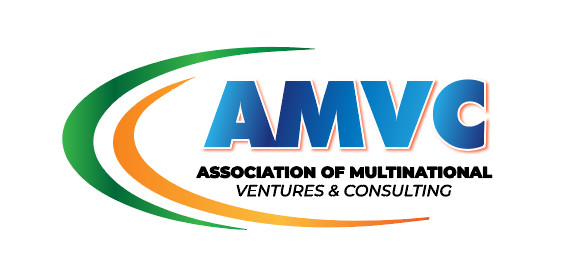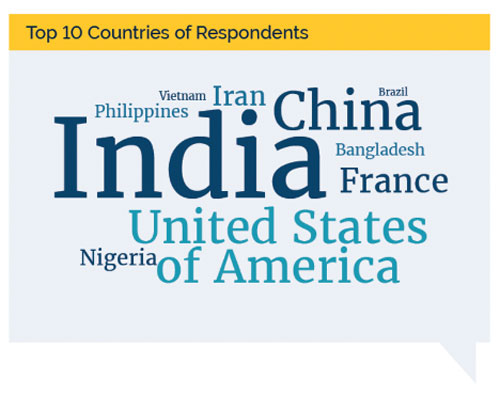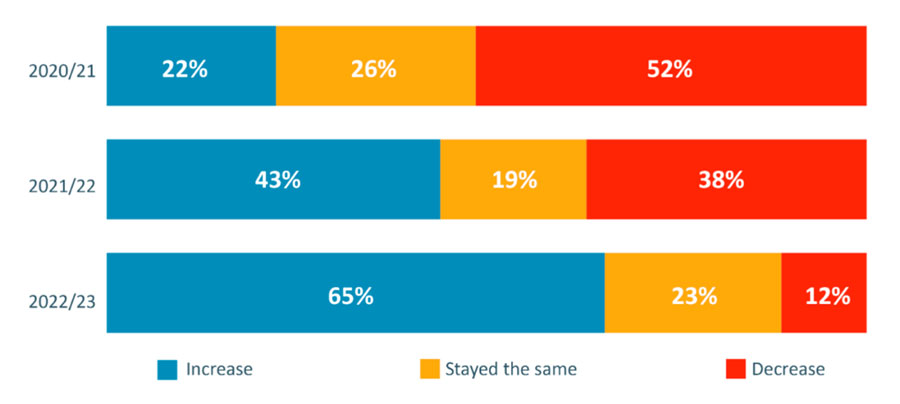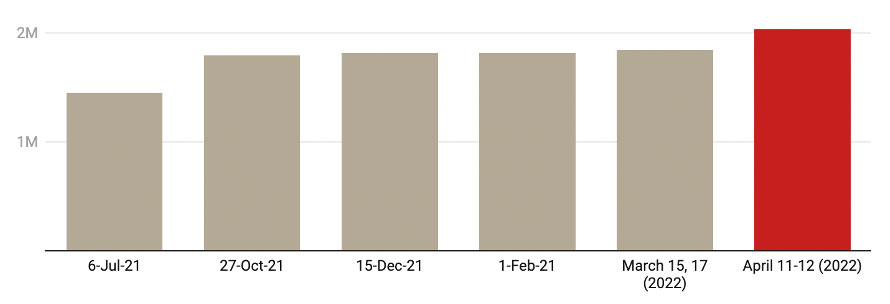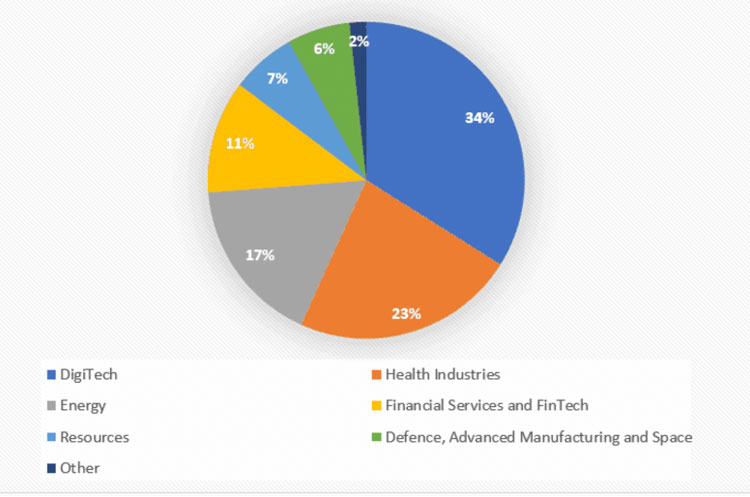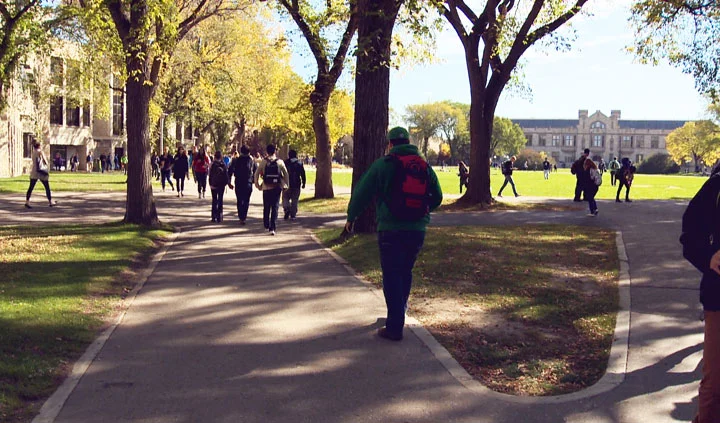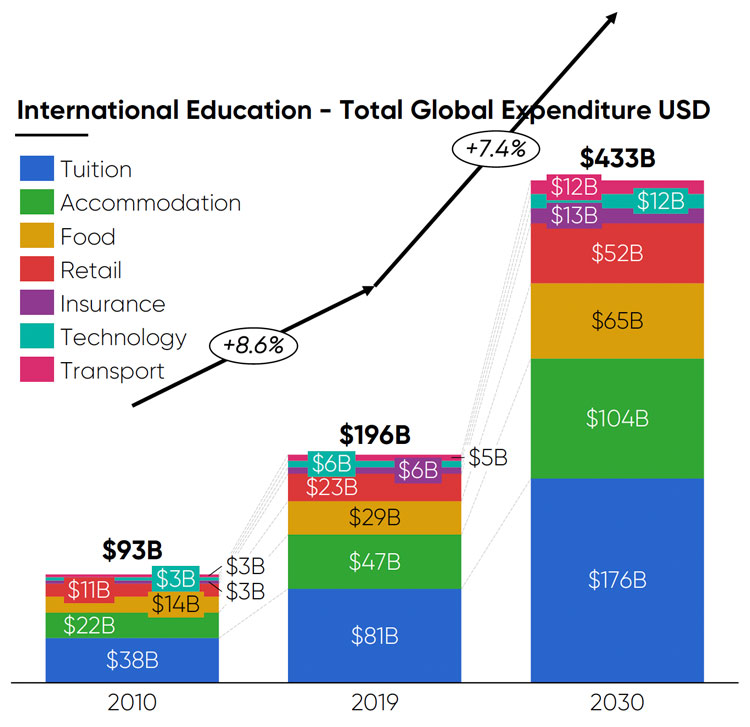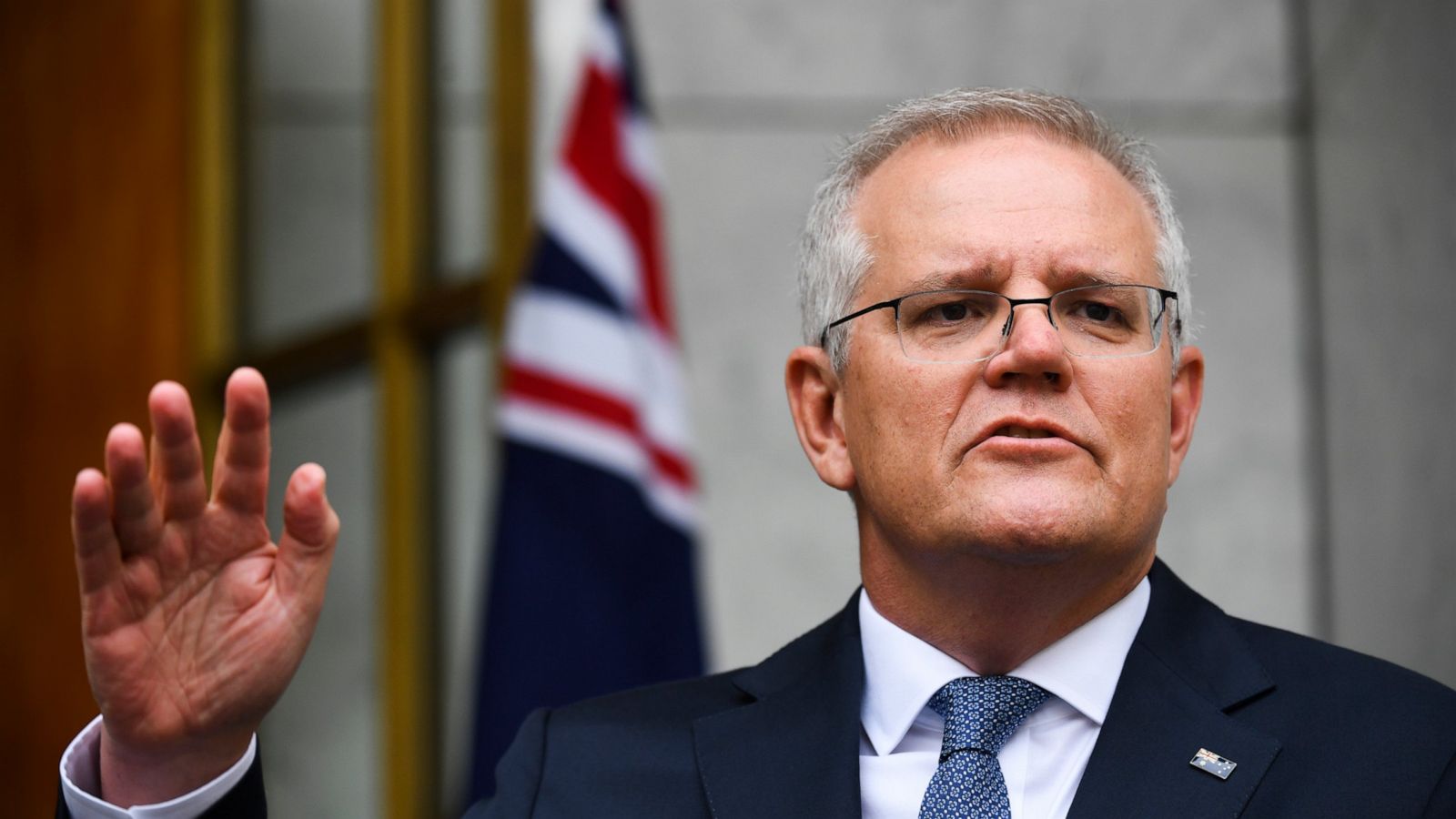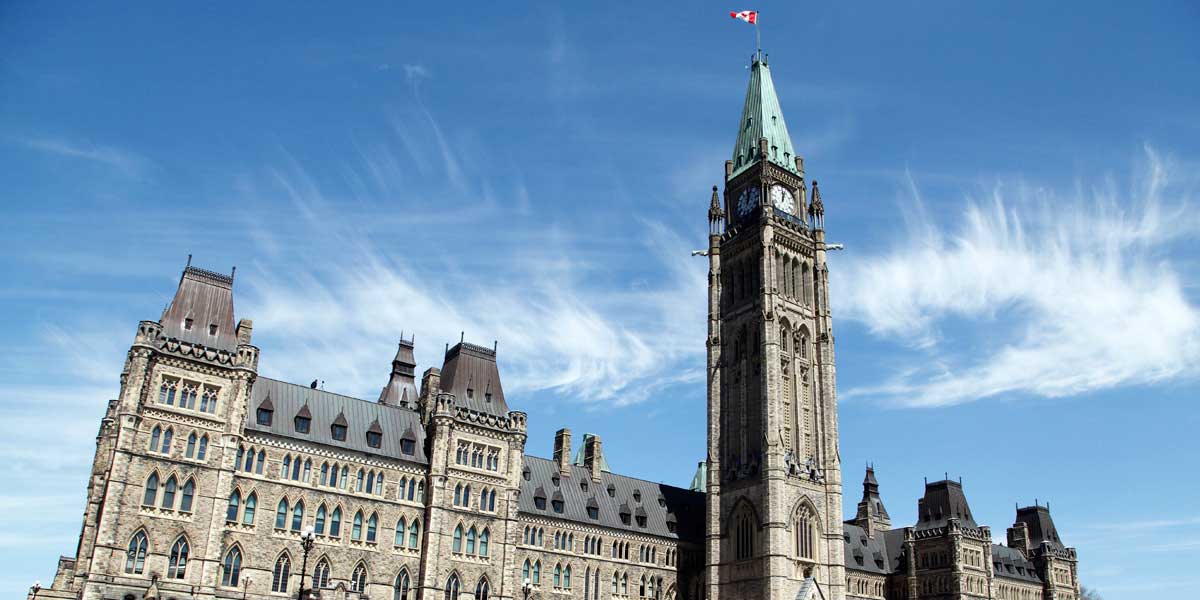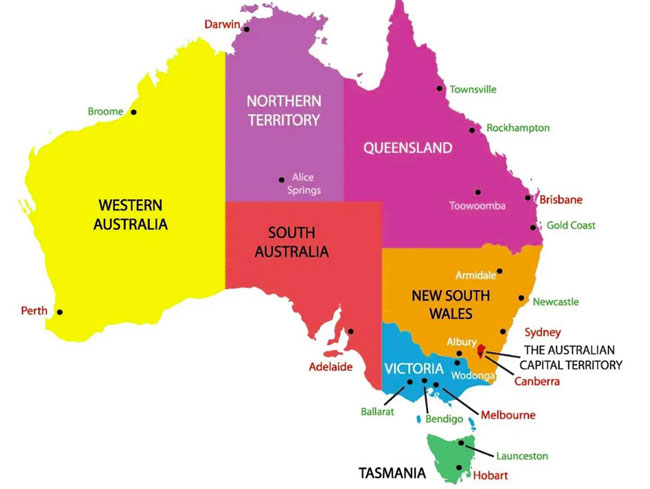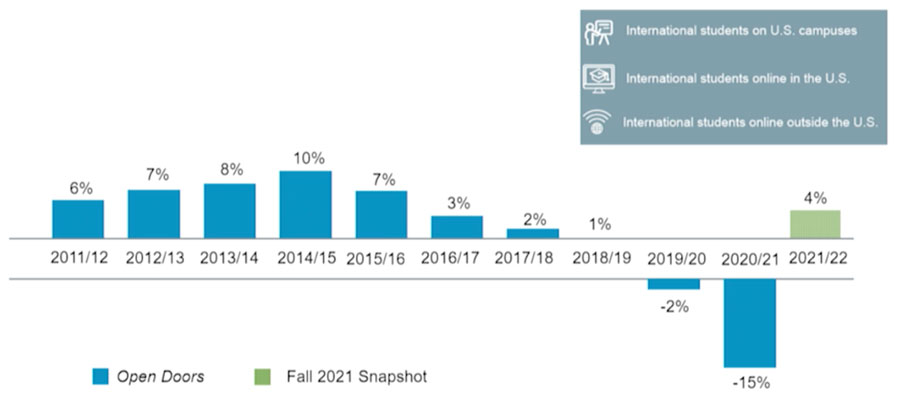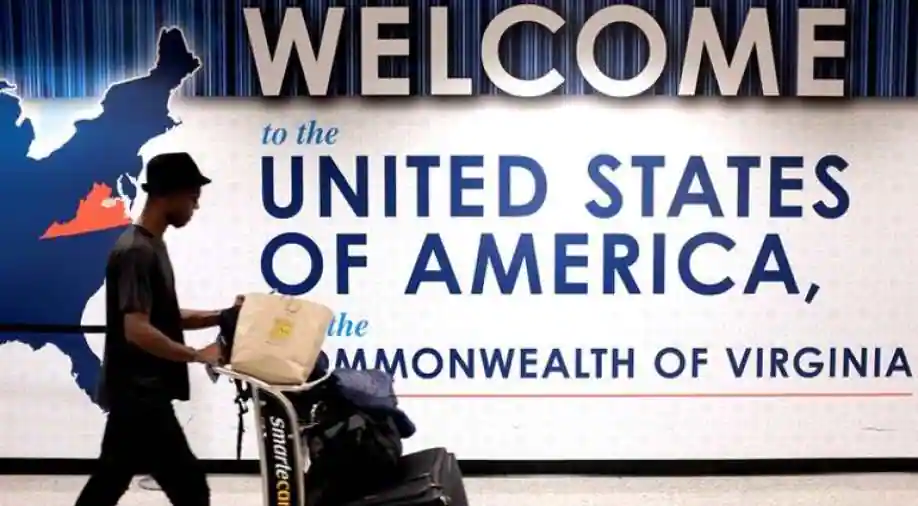Foreign graduates of several private colleges in the Province of Quebec would virtually lose post-graduate employment options as a result of a joint declaration by the Canadian government and Quebec's provincial government.
The Quebec Ministry of Labour, Employment, and Social Solidarity, as well as the federal Ministry of Immigration, Refugees, and Citizenship Canada (IRCC), announced a new restriction on post-graduation work permit eligibility on June 7, 2022. Only graduates of publicly funded institutions, including universities and public and private colleges, will be eligible for a work permit under this new clause.
This effectively means that graduates of non-subsidized private colleges will be unable to work in Canada after completing their education. The new rule will take effect on September 1, 2023.
“Canada recognizes the tremendous social, cultural and economic benefits that international students bring to this country,” said Sean Fraser, Canada’s Minister of Immigration. “Making the change that Quebec requested to post-graduation work permit eligibility will improve the integrity of the program, bring Quebec’s private institutions further in line with those of other provinces and protect our well‑deserved reputation as a destination of choice for international students.”
For Indian students, this is a popular option.
In the years leading up to the epidemic, the number of Indian students enrolling in Quebec colleges increased dramatically, rising from less than 3,000 in 2017/18 to nearly 15,000 in 2019/20. The majority of that expansion, as shown in the graphic below from CBC News, was centered on unsubsidized private colleges in the province – that is, privately held post-secondary institutes that do not get any public financing.
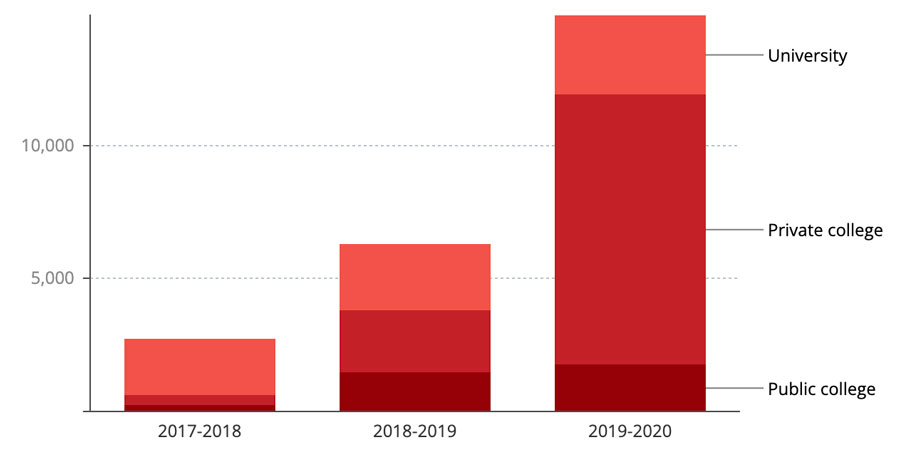
Enrolment of Indian students in post-secondary education in Quebec, 2017/18–2019/20. Source: CBC News
Questions have been posed.
The move follows persistent questions around the management of some private colleges in the province. A 2021 investigation by Quebec’s Ministry of Higher Education found significant issues with “certain unsubsidised private colleges.” Those audits, Higher Education Minister Danielle McCann said at the time, revealed “questionable practices in terms of recruitment, business practices, governance and teaching conditions.”
The Minister added that the province would be taking steps to strengthen oversight for private colleges in Quebec, and the joint Quebec/IRCC announcement this week appears to be a broad brush approach to limit post-graduate work opportunities for students coming out of unsubsidised colleges – the idea being that the prospect of a post-graduate work permit has been a major draw for recruiting international students to those institutions.
“It is important to take action to protect the integrity of our immigration programs, which must promote sustainable integration into Quebec society,” Quebec Minister of Employment and Social Solidarity Jean Boulet said this week. “These adjustments will help attract international students to come study in all regions of Quebec and ensure that Quebec is not used as a gateway for settling in other provinces.”
Minister McCann added, “A number of incidents pertaining to the recruitment of international students have occurred in the past and have caused us great concern. I am confident that these adjustments will make it easier for the international student community to integrate into our society.”
Three private colleges in Quebec filed for creditor protection earlier this year, in a high-profile case within the sector. M College (Montreal), CDE College (Sherbrooke), and CCSQ (Longueuil and Sherbrooke) were all owned by the same company. M College and CDE, two of the three, were among ten colleges previously restricted from enrolling international students for parts of 2020 and 2021 due to concerns about questionable recruiting techniques in India.
Transparency is demanded.
Industry players have quickly pointed out that, while the attempt to limit access to post-study work permits for all unsubsidized universities is necessary, it has the unintended consequence of unfairly targeting all colleges in the industry.
The National Association of Career Colleges (NACC) has issued a statement calling on the Quebec government to be more transparent and to work with the college sector to build more effective and focused quality controls.
“The NACC and our member institutions in Quebec are very disappointed by today’s announcement by the Quebec Government and Government of Canada,” said NACC CEO Michael Sangster.
“Regulated Career Colleges play an important role the Quebec and Canadian economies, both of which are in desperate need of skilled workers to fill labour gaps in critical industries. This measure is a step backward in our country’s International Student Policy and economic recovery.
Our industry has, for many months, tried to engage the Quebec government to understand their questions or concerns pertaining to the post-graduate work permit and find workable solutions together, but they have not responded to our calls nor shared any information about their investigation and the substance of their report. Now, this report is the basis for drastic policy change that will seriously impact and unfairly target our international learners, high-skilled graduates, and the employers who rely on them.
A more effective step to protecting the integrity of the International Student Program in Quebec would be to transparently release the Quebec government’s report on this matter and consult with Regulated Career Colleges and all stakeholders, including industry, who will be impacted by this decision.”
Source: ICEF
